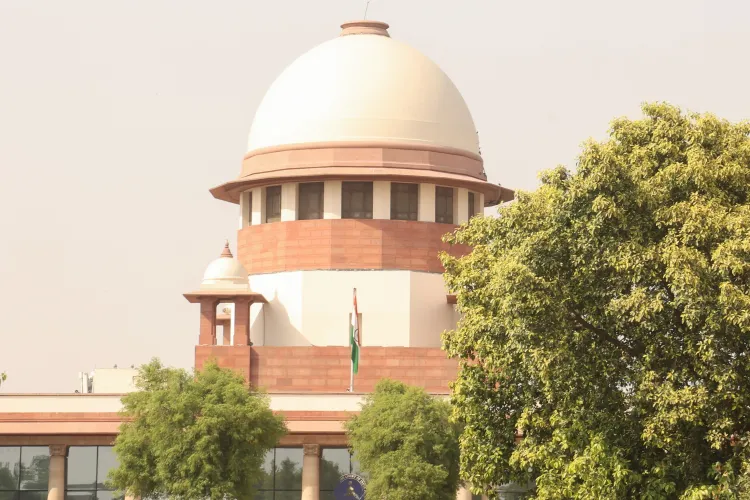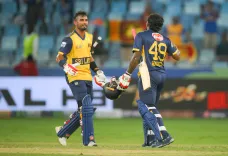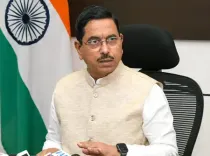What Are the Reactions to the Supreme Court's Interim Order on Waqf Amendments in Kerala?

Synopsis
Key Takeaways
- The Supreme Court's interim ruling has sparked significant political reactions in Kerala.
- The BJP views the decision as a validation of the Waqf Amendment Act.
- The Congress-led UDF advocates for the complete repeal of the amendment.
- The ruling questions the constitutional validity of specific provisions in the Act.
- It emphasizes the importance of inclusivity in Waqf governance.
Thiruvananthapuram, Sep 15 (NationPress) The Supreme Court's interim ruling on the contentious Waqf Amendment Act has sparked significant political responses in Kerala. The BJP has hailed the decision as a confirmation of the law, while the Congress-led UDF has called for its complete repeal.
BJP state President Rajeev Chandrasekhar stated that the Congress's assertion of the Waqf Amendment being unconstitutional has been undermined by the apex court's ruling.
He emphasized that the amendment was introduced by the Centre to tackle extensive Waqf encroachment challenges faced by numerous individuals, including those in Munambam.
"The BJP's commitment to the people of Munambam has now materialized. The Supreme Court has not interfered with critical provisions such as the removal of Section 40 and the addition of Section 2, which are vital for resolving the issue," he remarked.
Chandrasekhar further commented that the court dismissed efforts by the Congress, Muslim League, CPI-M, and other INDIA bloc parties aimed at limiting the involvement of individuals from other faiths in Waqf Boards and Councils.
"This ruling benefits those at risk due to Waqf encroachment and the legitimate Waqf land. However, blinded by appeasement and electoral politics, the Opposition persists in opposing the amendment. After this setback, they should unify with those defending their land," he asserted.
In contrast, the Leader of the Opposition in the Assembly, V.D. Satheesan, characterized the court's interim suspension of certain provisions of the Act as a triumph for constitutional principles.
He contended that the ruling challenges the fundamental purpose of the amendment.
"This issue transcends a few provisions. The entire amendment needs to be annulled," he stated.
The Supreme Court has halted the clause requiring a person to be a believer for a minimum of five years to establish a Waqf, along with the special powers allotted to District Collectors.
Satheesan welcomed the court's position that Collectors cannot adjudicate on citizens' personal rights and praised the limitations on non-Muslim representation in Waqf Boards.
"This ruling delivers a significant blow to the Sangh Parivar regime's attempts to push its communal agenda through legislation. It reinforces that the foundational character of the Indian Constitution cannot be changed," the Congress leader stated.









